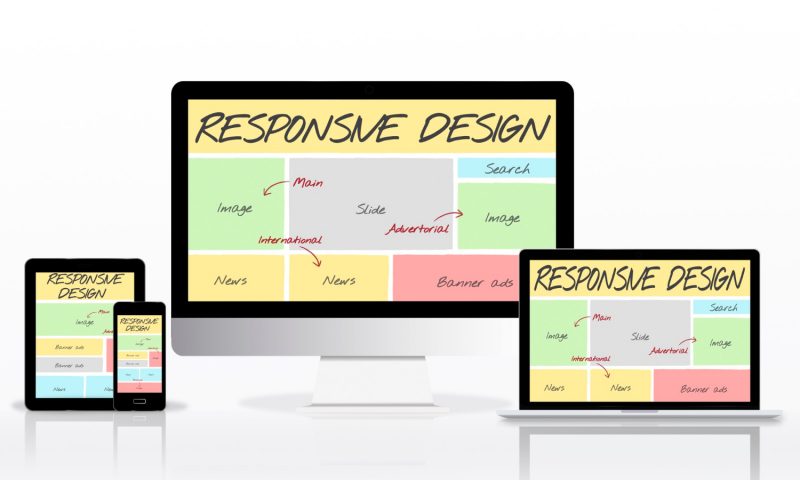Responsive web design is a technique used in web development that enables websites to adapt to different screen sizes and devices. With the proliferation of mobile devices, it has become increasingly important for websites to be responsive. In this article, we’ll explore the benefits of responsive web design.
- Improved User Experience
One of the most significant benefits of responsive web design is the improved user experience it provides. With a responsive design, websites are optimized for different screen sizes, making them easy to read and navigate on any device. Users don’t have to zoom in or out or scroll horizontally to view content, which can be frustrating on non-responsive websites. This improved user experience leads to increased engagement and can help reduce bounce rates.
- Cost-Effective
Responsive web design is cost-effective because it eliminates the need to develop separate websites for different devices. In the past, companies had to create separate websites for desktop and mobile devices, which required additional development time and resources. With responsive web design, one website can be optimized for all devices, reducing development costs and maintenance expenses.
- Better SEO
Search engines like Google prefer responsive websites because they provide a better user experience. Google’s algorithm favors mobile-friendly websites, so having a responsive website can improve your search engine rankings. Additionally, having one website that is optimized for all devices means you only need to focus on one SEO strategy, rather than having separate strategies for desktop and mobile sites.
- Faster Load Times
Responsive websites typically load faster than non-responsive websites, which is critical for providing a positive user experience. Mobile users are often on-the-go and have limited time, so if a website takes too long to load, they are likely to leave and go elsewhere. By optimizing images, compressing files, and using other techniques, responsive web design can help reduce load times and improve website performance.
- Increased Conversion Rates
A responsive website can lead to increased conversion rates because it provides a better user experience, faster load times, and easier navigation. Users are more likely to stay on a website that is easy to use and navigate, which can lead to increased engagement and ultimately, increased conversions.
In conclusion, responsive web design is an essential technique that provides many benefits to website owners. By improving user experience, reducing development costs, improving SEO, reducing load times, and increasing conversion rates, responsive web design can help businesses succeed in today’s digital landscape.
Tags: Responsive Web Design, User Experience, SEO, Load Times, Conversion Rates Categories: Web Development, User Experience, SEO, Digital Marketing








